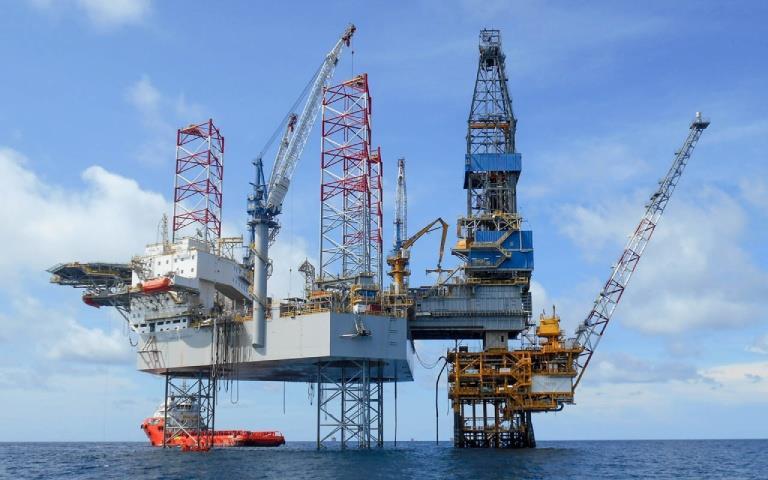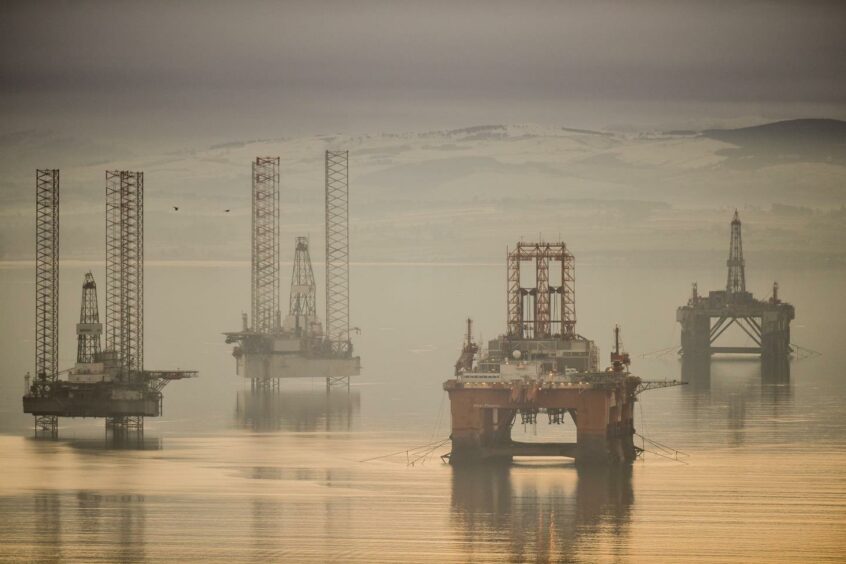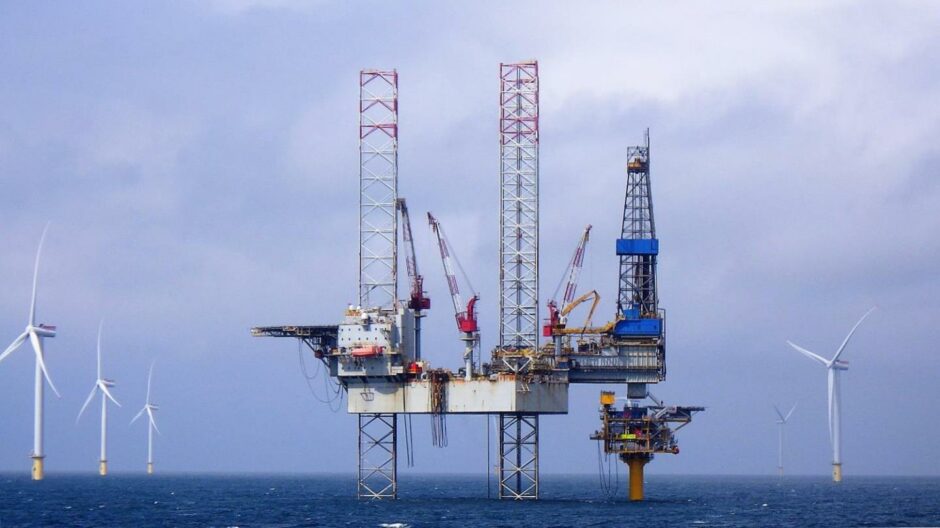
Choppy waters could be ahead for the North Sea drilling sector with the number of rigs potentially poised to decrease.
In order to push through their planned merger, Noble and Maersk Drilling recently announced plans to divest a number of the former’s jack-ups.
In response the UK Competition and Markets authority decided there “are reasonable grounds for believing that one of these remedy proposals may be accepted”, having previously flagged issues about the impact of the deal on competition.
Up for grabs are the Noble Hans Deul, Noble Sam Hartley, Noble Sam Turner, Noble Houston Colbert, and Noble Lloyd Noble rigs.
The divestment would include all related support and infrastructure needed to operate the units as a standalone business, including offshore and onshore staff.
Already, one of these “remedy rigs” is headed for the Middle East, according to data firm Esgian Rig Analytics.
The Noble Houston Colbert has been snapped up by QatarGas on a long-term charter, starting later this year.
Borr Drilling’s Ran vessel is also leaving the North Sea for Mexico in late summer, Esgian said, while a small number of other units are under consideration for marketing in other global regions.
It could well lead to a shortage of available rigs in the UK just as drilling is forecast to ramp up, sparked by the drive for energy security.
Sarah McLean, senior rigs analyst at Esgian, said: “The removal of more jackups could see challenges ahead in the North Sea if demand continues to rise at the levels suggested by government and operator promises regarding the energy security situation in Europe.
“Costs are rising for operators globally, including in the North Sea albeit at a slight lag, with dayrates on an upward trajectory due to more work emerging and fewer rigs being available.
“Already a number of projects in the North Sea are dependent on funding and affordability – a steep rise in operating costs may make some of these projects untenable for now, at a time when demand for oil and gas is expected to continue to rise exponentially.
“There has been an upswing in the number of rig sales in recent months with rig values rising accordingly. These sales, however, have predominantly fed into the Middle East where jackup demand is continuing to rise at some pace. ADES is leading the chargein regards to jackup purchasing by some margin.”
Energy Voice reported recently that a “supercycle” in vessel day rates could be on the horizon as companies try to secure units.

There are reports that rig enquiries outnumber available rigs four to one with a recovery “well underway” in the sector.
And that problem could be exacerbated if Noble sends its “remedy rigs” overseas.
Ms McLean said: “The upcoming merger of Noble and Maersk Drilling will have an impact on the entire global drilling market, but the ramifications will be felt especially hard in the North Sea where the merger control process is having a direct impact on the jackup fleet.
As it stands, there are 36 rigs in the North Sea fleet – a reduction on previous years due to high levels of attrition (especially in the standard jackup fleet) following two downturns in relatively quick succession.
“Similarly, the number of contractors has also fallen due to increased consolidation since 2014. Together Noble and Maersk Drilling make up 42% of the North Sea fleet while the remaining seven contractors make up the final 58%.”
Recommended for you


 © Supplied by IOG
© Supplied by IOG